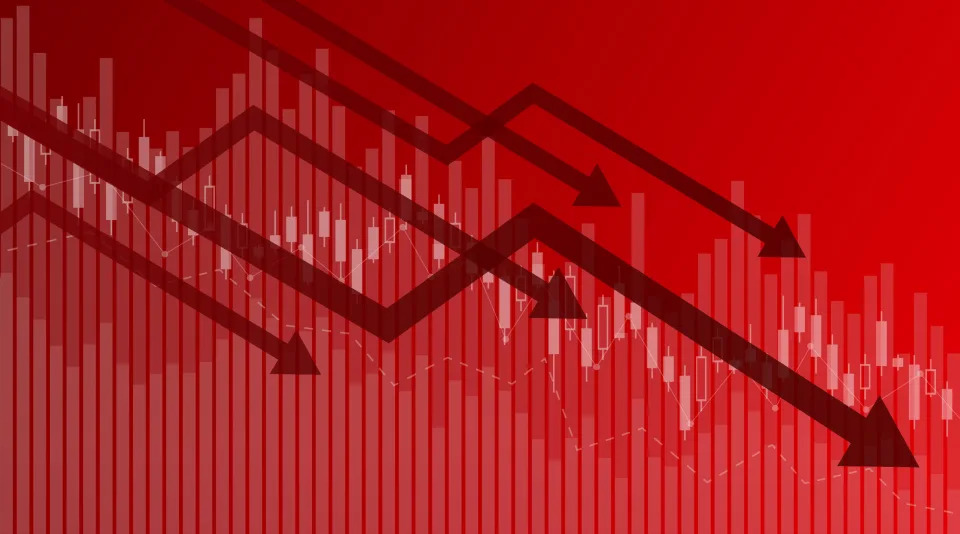January 27, 2025


Over the weekend, Chinese artificial intelligence (AI) start-up DeepSeek announced that, since December, it has been operating a new open-source, free-to-use large language model (LLM), and the news is shaking up the AI ecosystem.
According to news reports, DeepSeek's new LLM cost only $6 million to develop and was put together in just two months' time. The cut-rate LLM, however, is reported to perform basically as well as OpenAI's ChatGPT , raising questions about just how much of a lead Western tech companies really have over China -- and whether demand for advanced, high-speed semiconductor chips for AI will really be as big as everyone has been saying it will.
Worries that chips demand may not in fact grow as expected frightened investors in the companies that build equipment for manufacturing these chips. As of 11:55 a.m. ET, shares of semiconductor manufacturing equipment company Lam Research (NASDAQ: LRCX) are down 5.6%, KLA (NASDAQ: KLAC) stock is off 6.3%, and ASML Holding (NASDAQ: ASML) has slid 6.5%.
U.S. sanctions against China aimed at stymieing the development of Chinese AI capabilities that can be used for the Chinese military and initially formulated under the first Trump administration, expanded under the Biden administration, and now expected to continue under the second Trump administration, sparked a flurry of purchases of semiconductor manufacturing equipment imports by China, so that the country could build its own chips and AIs. Between the fast chips it was still able to buy abroad and the chips it's been able to produce at home, these efforts appear to have borne fruit.
Sales at all three of these semiconductor equipment manufacturers -- Lam, KLA, and ASML -- slumped in 2024 as a combination of China having already bought much of the equipment it needed, plus sanctions pinching sales of further equipment, weighed on exports to China. The worry today is that China might not need to expand its production capacity much more if it's figured out a way to build LLMs with fewer chips, as well as with cheaper, less advanced chips.
The other worry is that, if China has figured out how to do this, then Western tech companies may figure it out as well. That could translate into slower sales of semiconductor manufacturing equipment overall, worldwide.
But how much of this risk is priced into these stocks already? And does their sell-off today perhaps create a buying opportunity in shares of Lam Research, KLA, and/or ASML?
Perhaps.
Valued on earnings, shares of Lam Research look the cheapest today, valued just a little over 25 times trailing earnings. KLA stock is more expensive at 34 times earnings, while ASML looks most expensive at a P/E ratio of 40. I hesitate to call any of the three stocks a "bargain," however.
According to long-term earnings growth estimates prepared by analysts polled by S&P Global Market Intelligence , both Lam and KLA stocks are expected to grow earnings at about 15% annually over the next five years, and ASML is supposed to grow only a little faster than that -- 17%. If you assume that it takes a percentage growth rate roughly equal to P/E to make a stock a "buy" (which is to say, if you're a value investor looking for a PEG ratio of 1.0 or less), none of these three stocks currently qualify.
Worse, investors need to realize that the long-term growth rates projected for these stocks are based on assumptions before the DeepSeek news broke. If DeepSeek is as big of a deal as many investors think it is today, with as-big implications for future demand growth in AI chips, actual future growth rates could be even lower than the projections -- and the PEG ratios could end up being even higher.
Long story short, I think it's still too soon to buy. Let's wait and see if this sell-off gets any deeper, and produces some bargains too obvious and too big to ignore, before calling this a buying opportunity. As today's sell-off is demonstrating, there's a lot to be said for demanding a margin of safety before buying.
Before you buy stock in ASML, consider this:
Now, it’s worth noting Stock Advisor ’s total average return is 937% — a market-crushing outperformance compared to 178% for the S&P 500. Don’t miss out on the latest top 10 list.
Learn more »